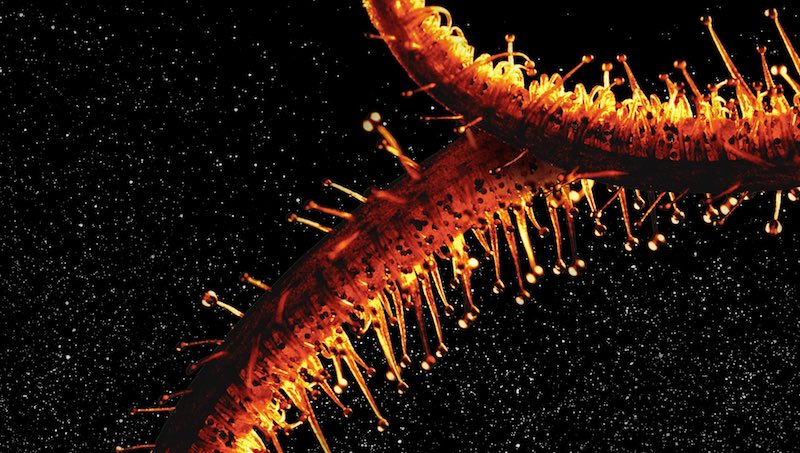


Here on Earth, some creatures communicate by scents or chemicals, which we can’t even recognize without artificial sensors, or by sounds (whales, for example) whose meaning escapes us.Įvery translator is an amateur linguist, and linguistics poses fascinating questions. We seem to be hard-wired for it, and because it’s innate, we tend to overlook how challenging it is to share information and ideas. Language is humanity’s oldest and most complex technology. Did this prompt you to write a story that involved overcoming communication obstacles? How do you address communication in the novel? There remains plenty more to say about them and other changes headed our way. Those threats are still with us, although the horror might have been forestalled, at least for now. As several writers have said, science fiction often tries to identify the threats and prevent them in the future. Science fiction’s core speaks of the consequences of scientific and technological change, and change always brings threats. I set out to write a tense story with high stakes of survival, but I agree, hard SF shares a lot with horror, and I think there’s a reason for that.

Why do you think this is? Did you set out to write a sci-fi/horror crossover? ‘Hard SF’ often tends to be bleak to the point of crossing into horror. I still have house plants, by the way, but I don’t trust them. Naturally, a lot was going to go badly, and humans and aliens had much to learn about each other. In this case, how would we cope if we understood how utterly dependent we are on other beings with their own needs and demands? From those two questions, I had enough to create a planet and characters trying to live there. What if they could think like animals?įirst contact stories always say as much about humans as they do about the aliens. With research, I discovered that plants lead active, aggressive lives. This book started with the discovery of a vicious “alien” life-form in my dining room: One of my houseplants killed another plant. What is it about ‘first contact’ stories that keeps us coming back for more? How did you approach this in a refreshing way? Sue was kind enough to stop by the blog to answer my questions on first contact stories, the bleakness of hard science fiction, why she wanted to tackle communication in Semiosis, and her favourite female writers within genre fiction. Whoever said debut authors need to play it safe?! Like Leckie’s groundbreaking novel, Sue Burke’s debut is equally trailblazing. After the exquisite science fiction film Arrival, along with Ann Leckie’s breakout Ancillary Justice, I’ve been on a bit of a linguistics-inspired scifi journey.


 0 kommentar(er)
0 kommentar(er)
